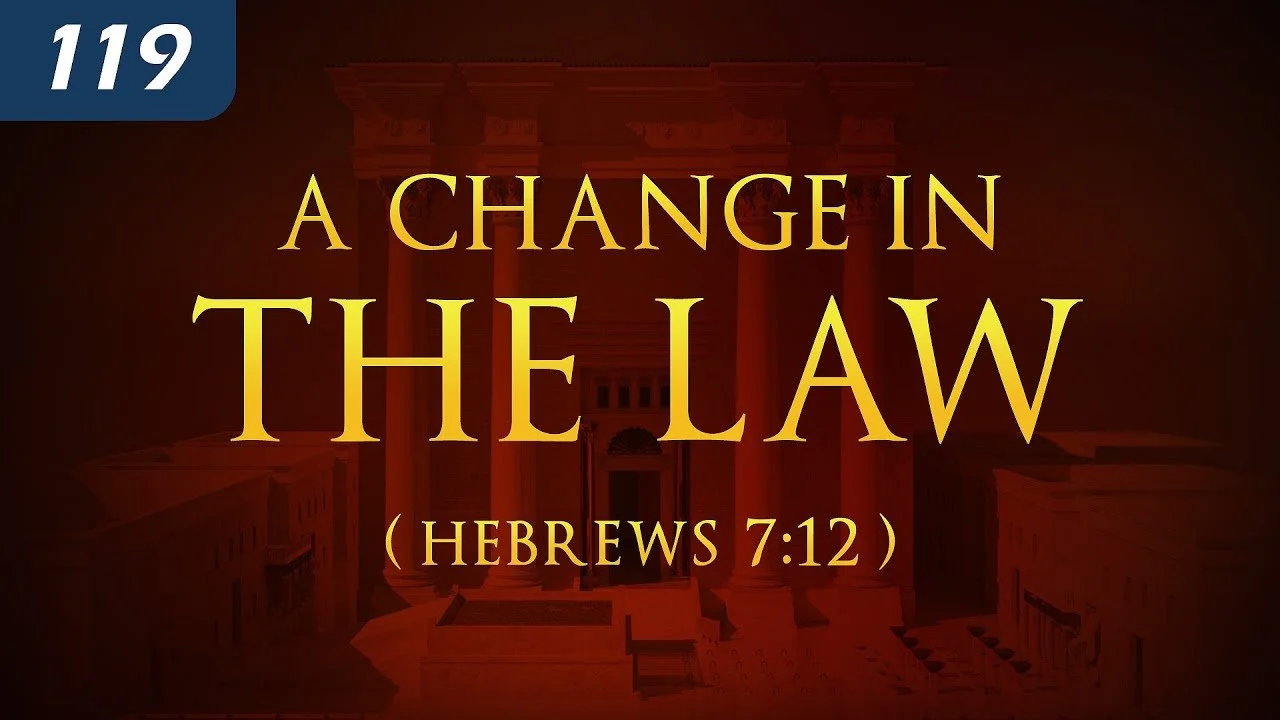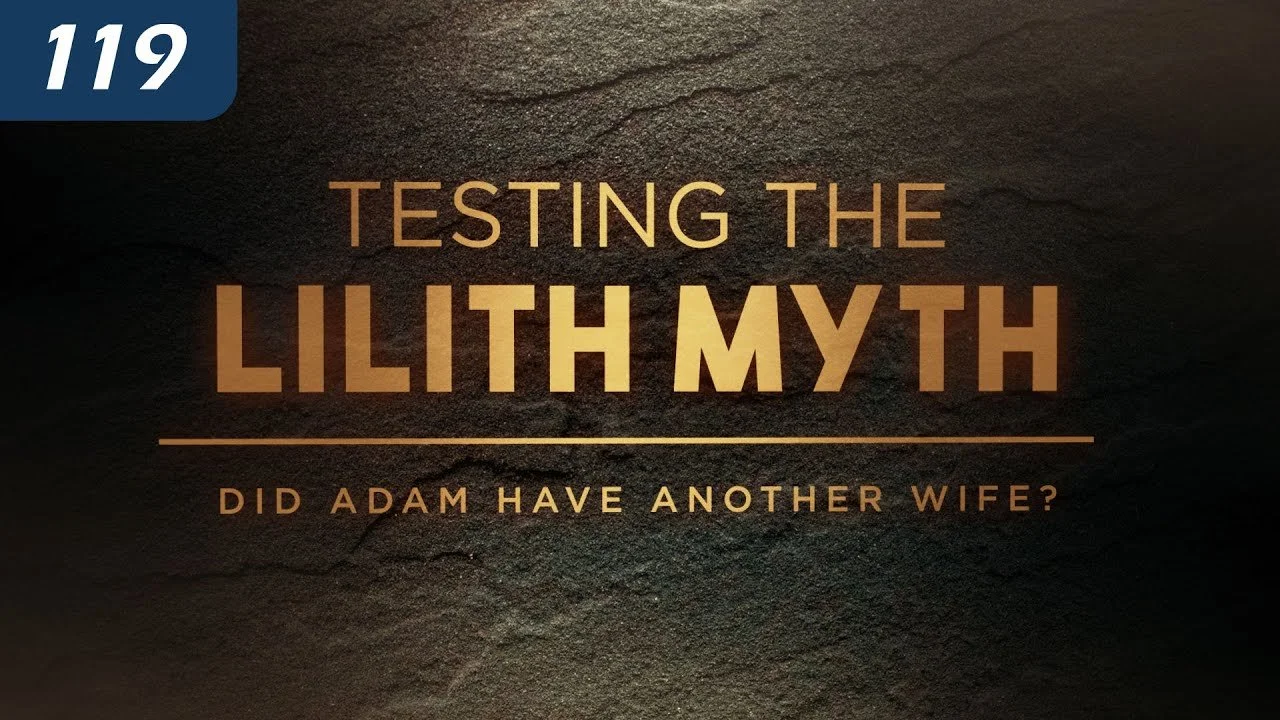In Hebrews 7:12, the author announces, “For when there is a change in the priesthood, there is necessarily a change in the law as well.” Many have taken this to mean that the Levitical priesthood and the entire Law of Moses has been overturned. But is that really what the author of Hebrews is saying? Actually, there are some major problems with this interpretation.
Celebrate the Festival (1 Corinthians 5:7-8)
Let No One Judge You: Sabbaths, Festivals, and Foods (Colossians 2:16-17)
Colossians 2:16-17 is often cited to argue that the Sabbath, festivals, and food laws are no longer relevant for believers, seen as "shadows" superseded by Christ, with Paul advising the Colossians not to let anyone judge them for disregarding these practices. However, an increasing number of New Testament scholars are challenging this interpretation. These scholars argue that the Colossians were not being judged for neglecting the Sabbath and festivals but were actually facing criticism for keeping them.
Confirm Your Calling: The Day of the Lord Will Come (2 Peter 3:1-13)
Enslaved to Sabbaths and Festivals? (Galatians 4:8-11)
In Galatians 4:8-11, Paul rebukes the Galatians for observing “days and months and seasons and years.” But what exactly does Paul mean by this phrase? The standard antinomian view interprets this passage as Paul condemning the observance of the Sabbath and biblical holy days. However, in this video, we present reasons to question that interpretation and propose an alternative understanding.
Did Christ Abolish the Law of Moses? (Ephesians 2:15)
Malachi: Remember the Law of Moses
Zechariah: YHWH Has Remembered
The End of All Mankind (Ecclesiastes 7:1-6)
Confirm Your Calling: The Danger of False Teachers (2 Peter 2:10b-22)
Setting the Record Straight: Paul and the Law of Moses (Acts 21:17-26)
Faith and Works: Do James and Paul Disagree on Justification?
Are James and Paul at odds in their teachings on faith, works, and justification? Many argue that they are. Notably, Martin Luther, the prominent Reformer, believed that James’s epistle contradicts Paul's teachings, and therefore he doubted its authenticity. But is there a way to reconcile the apparent contradiction between these two writers?
Haggai: Get Your Priorities Straight (Minor Prophets, Major Messages)
The Messiah’s Name in Hebrew
How do we know for a fact that the Messiah’s name in Hebrew is “Yeshua”? How do we know for a fact that modern versions of the name that are popular on the internet (Yahusha, Yahshua, Yahushua, etc.) are inaccurate? One establishes these facts by simply looking at the way the name appears in the Hebrew and Greek texts of the Bible.





















